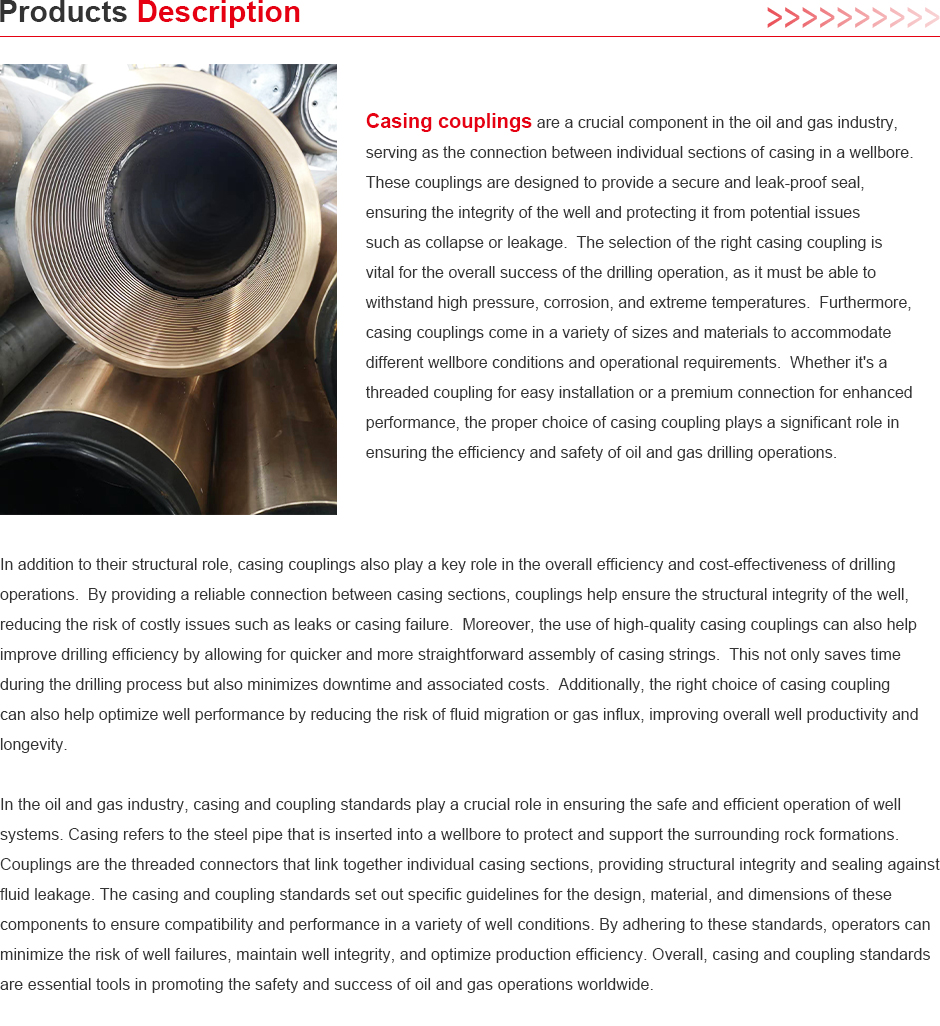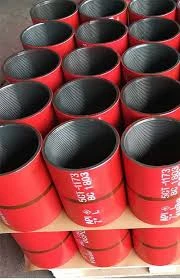- Afrikaans
- Albanian
- Amharic
- Arabic
- Armenian
- Azerbaijani
- Basque
- Belarusian
- Bengali
- Bosnian
- Bulgarian
- Catalan
- Cebuano
- Corsican
- Croatian
- Czech
- Danish
- Dutch
- English
- Esperanto
- Estonian
- Finnish
- French
- Frisian
- Galician
- Georgian
- German
- Greek
- Gujarati
- Haitian Creole
- hausa
- hawaiian
- Hebrew
- Hindi
- Miao
- Hungarian
- Icelandic
- igbo
- Indonesian
- irish
- Italian
- Japanese
- Javanese
- Kannada
- kazakh
- Khmer
- Rwandese
- Korean
- Kurdish
- Kyrgyz
- Lao
- Latin
- Latvian
- Lithuanian
- Luxembourgish
- Macedonian
- Malgashi
- Malay
- Malayalam
- Maltese
- Maori
- Marathi
- Mongolian
- Myanmar
- Nepali
- Norwegian
- Norwegian
- Occitan
- Pashto
- Persian
- Polish
- Portuguese
- Punjabi
- Romanian
- Russian
- Samoan
- Scottish Gaelic
- Serbian
- Sesotho
- Shona
- Sindhi
- Sinhala
- Slovak
- Slovenian
- Somali
- Spanish
- Sundanese
- Swahili
- Swedish
- Tagalog
- Tajik
- Tamil
- Tatar
- Telugu
- Thai
- Turkish
- Turkmen
- Ukrainian
- Urdu
- Uighur
- Uzbek
- Vietnamese
- Welsh
- Bantu
- Yiddish
- Yoruba
- Zulu
Gen . 13, 2025 15:04
Back to list
what is bull plug
Bull plugs, often referred to simply as plugs, are essential components utilized in various industrial applications, particularly within the realm of oil and gas exploration. A bull plug is a solid plug with a male-threaded connection that is used to close off the end of a piping system. These components serve a critical function in ensuring the safety, efficiency, and operational integrity of piping and processing systems.
Beyond their functional advantages, the role of bull plugs in safety cannot be overstated. In industries such as oil and gas, where high-pressure systems and volatile materials are the norms, the ability to securely seal a pipeline is paramount. Bull plugs help prevent potential leaks that could lead to catastrophic failures, environmental hazards, or even pose risks to human safety. Therefore, the implementation of bull plugs in appropriate situations is not just a matter of operational convenience; it is a critical component of safety protocol. When selecting a bull plug, it is imperative to consider several key factors to ensure it meets the specific demands of your application. The material composition of the plug should be chosen based on the type of substances being transported through the pipeline, as well as the environmental conditions it will face. Thread compatibility with existing system components is also critical to ensure a secure fit and optimal performance. Ultimately, the use of bull plugs in any piping system should be guided by expert consultation and industry best practices. Partnering with reputable suppliers and manufacturers who have a proven track record in delivering high-quality components will ensure you obtain products that meet the highest standards of safety and efficiency. In conclusion, bull plugs are fundamental components in the successful management and maintenance of industrial piping systems. Their role extends far beyond mere functionality; they are critical to maintaining safety, minimizing downtime, and ensuring the overall reliability of operations. As industries continue to evolve and face new challenges, the reliance on quality bull plugs remains steadfast, underscoring their indispensable place in the world of industrial applications.


Beyond their functional advantages, the role of bull plugs in safety cannot be overstated. In industries such as oil and gas, where high-pressure systems and volatile materials are the norms, the ability to securely seal a pipeline is paramount. Bull plugs help prevent potential leaks that could lead to catastrophic failures, environmental hazards, or even pose risks to human safety. Therefore, the implementation of bull plugs in appropriate situations is not just a matter of operational convenience; it is a critical component of safety protocol. When selecting a bull plug, it is imperative to consider several key factors to ensure it meets the specific demands of your application. The material composition of the plug should be chosen based on the type of substances being transported through the pipeline, as well as the environmental conditions it will face. Thread compatibility with existing system components is also critical to ensure a secure fit and optimal performance. Ultimately, the use of bull plugs in any piping system should be guided by expert consultation and industry best practices. Partnering with reputable suppliers and manufacturers who have a proven track record in delivering high-quality components will ensure you obtain products that meet the highest standards of safety and efficiency. In conclusion, bull plugs are fundamental components in the successful management and maintenance of industrial piping systems. Their role extends far beyond mere functionality; they are critical to maintaining safety, minimizing downtime, and ensuring the overall reliability of operations. As industries continue to evolve and face new challenges, the reliance on quality bull plugs remains steadfast, underscoring their indispensable place in the world of industrial applications.
Next:
Latest news
-
Tubing Pup Joints: Essential Components for Oil and Gas OperationsNewsJul.10,2025
-
Pup Joints: Essential Components for Reliable Drilling OperationsNewsJul.10,2025
-
Pipe Couplings: Connecting Your World EfficientlyNewsJul.10,2025
-
Mastering Oilfield Operations with Quality Tubing and CasingNewsJul.10,2025
-
High-Quality Casing Couplings for Every NeedNewsJul.10,2025
-
Boost Your Drilling Efficiency with Premium Crossover Tools & Seating NipplesNewsJul.10,2025
Related Products







